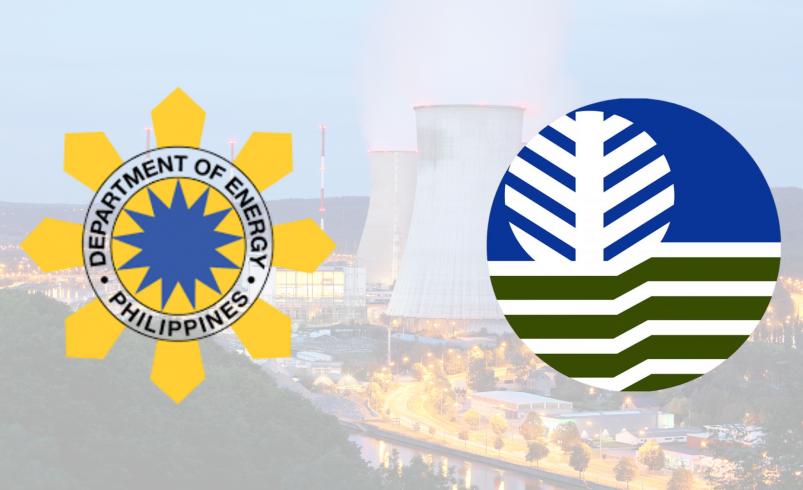DOE and DENR Stress Strict Oversight as Nuclear Talks Advance
- September 4, 2025
- 0

The Department of Energy (DOE) has assured that environmental safeguards will be central to the Philippines’ nuclear energy program as discussions on its potential impacts continue.
Through the Nuclear Energy Program–Inter-Agency Committee (NEP-IAC), the DOE organized a technical workshop in Quezon City from September 3 to 5 to tackle environmental regulations for proposed nuclear power projects. These include conventional nuclear power plants and small modular reactors.
“This undertaking defines the Nuclear Energy Program’s commitment in pursuing the integration of a comprehensive environmental safeguards with the Philippines’ peaceful transition into nuclear energy utilization,” DOE Legal Services Director Myra Fiera F. Roa said during the event. She emphasized that applications for Environmental Compliance Certificates must not only meet regulatory requirements, but also embody public trust and scientific integrity.
The Department of Environment and Natural Resources (DENR), through its Environmental Management Bureau, highlighted the importance of regulatory frameworks to manage nuclear facilities “from planning to operations and beyond.” EMB Director John Edward T. Ang said the Environmental Impact Assessment System plays a key role in ensuring economic sustainability through conscious and inclusive planning. “While there are perceived benefits with the nuclear route, it is our collective responsibility to ensure that its implementation will be in harmony with the environment and our people,” he added.
The workshop followed coordination me
The NEP-IAC is also working on other aspects
Under the Philippine Energy
Do you think nuclear power should play a bigger role in the Philippines’ energy future if environmental safeguards are assured?
Follow Power Philippines on Facebook and LinkedIn or join our Viber community for more updates.